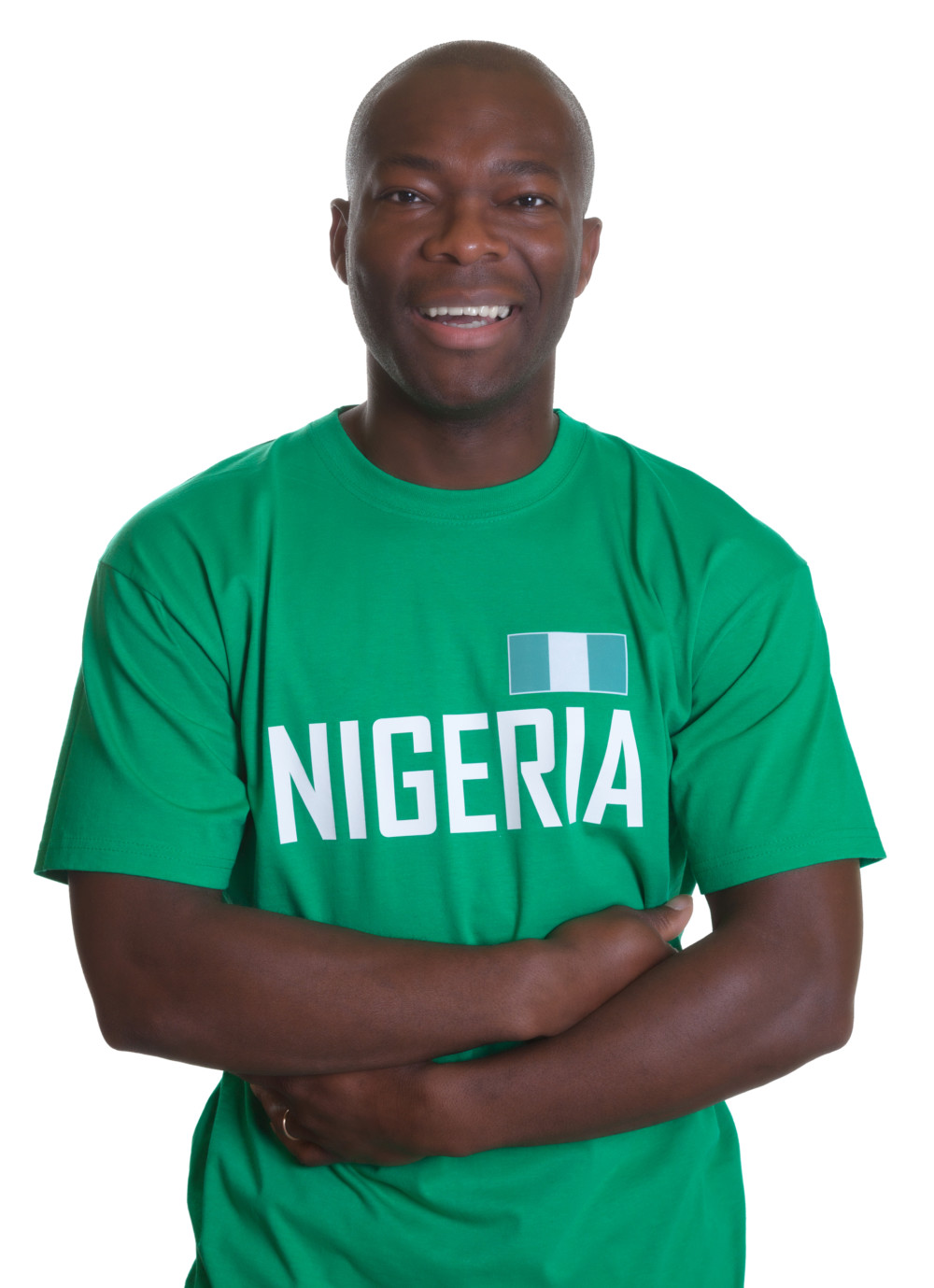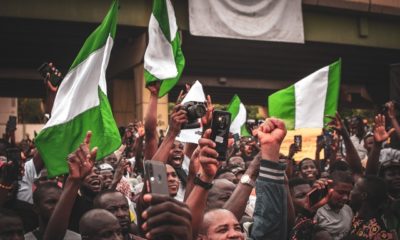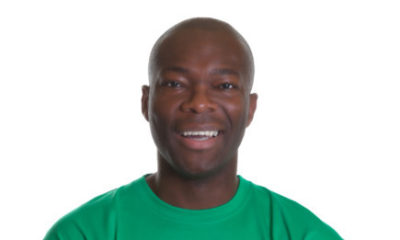Features
Tari Taylaur: 3 Possibilities 2020 Opened Up for Nigerians

A lot has been said about 2020 long before it got here. The Vision 2020 plan was for Nigeria to be one of the top twenty economies in the world in terms of GDP. Let’s not dwell too much on how that is going, but reflect instead on those rare possibilities the year has opened up for the majority of Nigerians.
Change
What a sweet sound! We heard it this year in diverse forms. Change may mean different things to a lot of us but this year. We all caught a glimpse of what a new Nigeria could be. One profound change I witnessed firsthand is in the area of our environment. I saw young Nigerians take charge of street cleaning at mass peaceful protests not because anyone told them to, but simply because it was the right thing to do. I have seen unemployed street ‘hoodlums’ become valued members of society, earning a competitive wage as cleaners employed by small communities. Thus, two major national issues, unemployment and pollution, were being addressed at once.
I witnessed all these changes in the midst of a global pandemic that shut down the entire world. COVID-19 has shown us how everything we know is subject to change.
Efficient Institutions
Imagine the possibilities that abound in a Nigeria that works! Where constant electricity is a given, where merit is rewarded over mediocrity and false packaging. A Nigeria that is valiant in protecting its citizens, where even those in remote villages sleep well at night knowing their government values their lives.
2020 also gave us a peek into what this looks like. We saw groups of committed Nigerians, who hold no public office, efficiently mobilise people for peaceful protests across the country. Healthcare, security, waste management, electricity, communications, public orientation, and mass feeding were services provided by these patriotic powerhouses – all done with transparency and accountability.
Why is it that the ‘Nigerian factor’ didn’t come into play in these situations? Could it be because the N factor is nothing more than a micro-culture enforced by those who profit from its continuity? Can Nigeria actually work efficiently for every single one of us if we elect people who are not products of that micro-culture into public offices, come 2023?
Social Security
This is the practice of public provision for the economic security and social welfare of an individual and his/her family. The idea of this in Nigeria seems laughable, especially as we all know what happened to our ‘palliatives’.
But at the height of the COVID-19 lockdown, I witnessed a form of social security which I believe is the effective model to enable public welfare across the board. Communally-driven food banks were established in various parts of the country, private citizens were contributing and distributing food supplies and healthcare essentials to the economically disadvantaged people around them.
I saw men, women, and children come from far and wide, seeking their daily bread from food banks that operated consistently and on an unprecedented scale of generosity. People taking care of people – that’s what needs to happen when push comes to shove, and 2020 provided the perfect opportunity for the virtue of brotherly love to be re-awakened in our communities.
Perhaps we can replicate this model of generosity in our educational systems, healthcare, and in tackling unemployment. Where are the Nigerians that are going to step up and say, “My goal for 2021 is to set up two modern primary healthcare centers in my local government area, and staff them with highly-qualified medical personnel that will provide equal access to treatment for all”?
This sort of mindset is what drives and sustains citizen-led social security. The time has come for us all to tackle the national challenges that we are passionate about, and work together to secure our desired future.
2020, we hail thee!
***
Photo Credit: Dreamstime



















